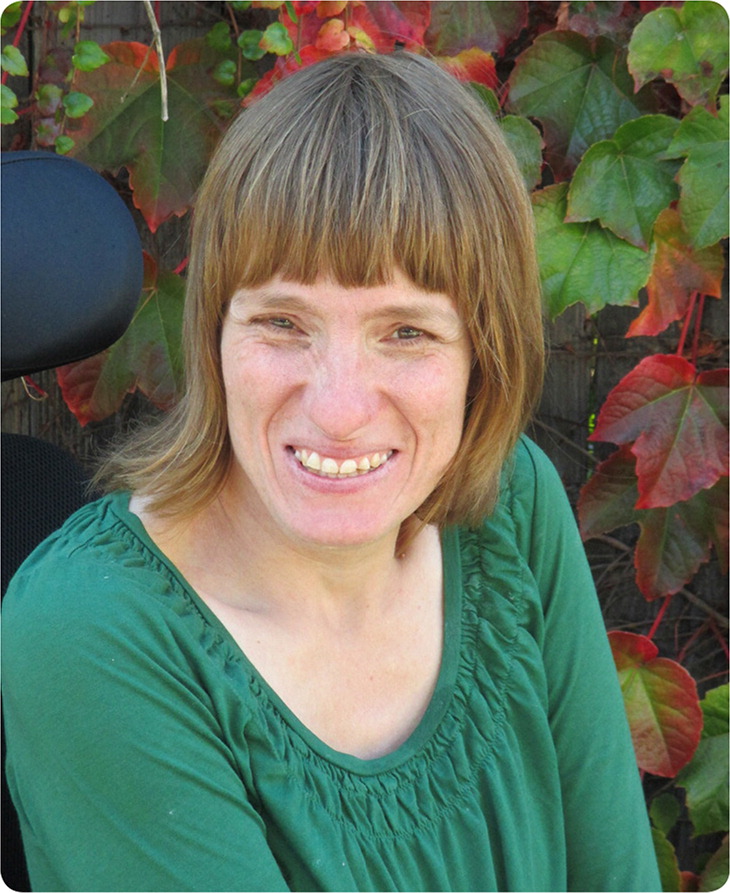
Am Fam Physician. 2018;97(10):640
Related article: Adults with Developmental Disabilities: A Comprehensive Approach to Medical Care.
I have many questions before I visit a new doctor. Will the office and equipment be accessible? How will the medical staff and doctor perceive my physical disability? Will they acknowledge my autonomy and treat me with respect? I have cerebral palsy. I use a power wheelchair, my muscles are uncoordinated, and my speech can be difficult to understand. Yet, there are many things they cannot know about me just by observing the way I look or how I communicate. I am smart and adventurous. I have many of the same life goals and health concerns as my nondisabled peers.
I had all of these questions when I met my current family physician. I knew almost instantly that I would like this doctor. She seemed to be comfortable with the idea that communication might take a little more effort and creativity on both of our parts. She was respectful and patient even when my speech was difficult to comprehend. Now we sometimes use communication hacks when I need to discuss a complex health matter. I e-mail her my concerns or bring a typed description to my appointment.
A supporter will often accompany me to my appointment. This person assists me with the physical logistics, such as getting onto the exam table. This person also helps with communication or asks questions so I can have more information. My doctor acknowledges the role of my supporter and includes him or her in our conversation. Yet, my doctor knows that I am the expert when it comes to my body and that I make all the final decisions about my care and treatment. I could not ask for a better doctor! —M.C.

Commentary
Persons with disabilities face many barriers to health care, including inaccessibility of offices or examination rooms and lack of adaptive equipment, personal assistants, transportation, and nursing and behavioral supports. However, physicians can improve access to care by listening carefully to patients and their supporters, making reasonable accommodations, maintaining high expectations, and acting as a patient advocate. M.C.'s story shows how attitudes matter. Accommodating patients with disabilities isn't always expensive or complicated. Creativity and practical problem solving go a long way.
